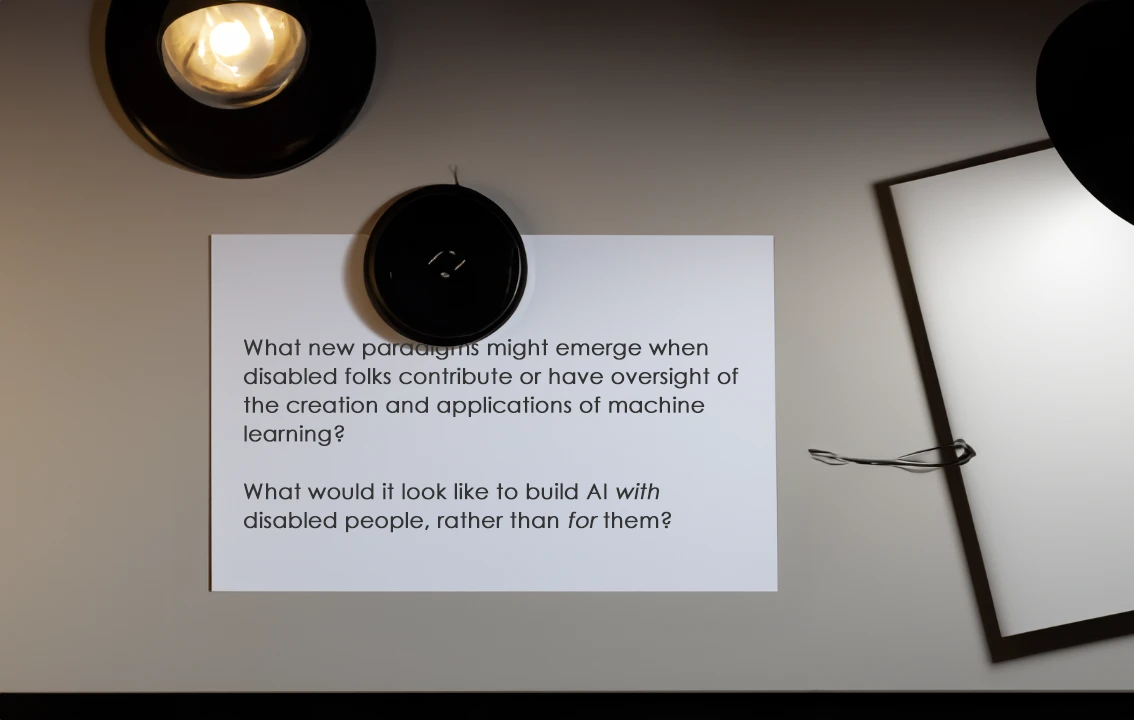Gen-AI & Support for Students with Disabilities
Photo by Hiki App on Unsplash
Let us find out how to leverage Gen-AI to support your students with disabilities and to create more inclusive classrooms.
Gen-AI, or generative Artificial Intelligence, represents a new frontier in educational technology, offering unprecedented opportunities to enhance teaching and learning experiences. This is particularly true for students with disabilities, for whom Gen-AI can serve as a powerful tool to tailor and simplify learning tasks, making education more accessible, customised, and inclusive. Consider exploring the following resources and recommendations.
AI for education webinars
A great starting point is the informative webinars offered by AI for Education. In their webinar titled “AI and Supporting Students with Disabilities” (part of the AI Launchpad: Webinar Series for Educators), a panel of expert special education teachers share practical tips for using Gen-AI to prepare for classes that include students with various disabilities, such as autism, ADHD, visual impairments, and more. They also discuss tips for accommodation and strategies for behaviour intervention, which you can find prompts for in the website’s Prompt Library.
Harnessing AI in special education
For a deeper dive into the uses of Gen-AI in special education, take time to watch the “Harnessing AI in Special Education: A Four Part Series.”
Additionally, when prompting Gen-AI for lesson plans, consider including modifiers that encourage the tool to incorporate accessibility into its design. For instance, you could ask Gen-AI to assume the role of an expert in both the discipline and ‘Universal Design for Learning,’ enabling it to create an accessible lesson plan. To help you think about the best practice with UDL, have a look at the free Tertiary Education and Training Educators course.
Ask, read, explore
Gen-AI can also be a resource for educators to learn more about disabilities and special learning conditions. Ask questions—yes, even the spicy ones—that you may not feel comfortable asking colleagues.
Keep an eye on Understood.org, who, in collaboration with Google, are set to release their AI Assistant this year. Trained on specialised data spanning 15 years, it is expected to produce more accurate and less biased results than generic AI. Meanwhile, explore their extensive resources for parents, educators, and students.
Empowering students with Gen-AI
Encourage your students to use Gen-AI to accommodate their learning needs. Gen-AI can break down tasks step-by-step, estimate learning time, and prioritise activities. It can also simplify complex concepts or present them in different modes, such as visually. For more ideas on how Gen-AI can support students with disabilities, check out the suggestions for using Chat-GPT in the classroom.
To learn about AI-powered accessibility tools, consider reading this post by the Google Education team called How AI can make classrooms more accessible.
Some serious considerations
To grasp the transformative potential of Gen-AI for students with disabilities, read Niall McNulty’s blog post “AI for Inclusive Education.” For a critical perspective, Harvard Business Review’s article “Designing Generative AI to Work for People with Disabilities” and the World Economic Forum’s opinion piece “Generative AI holds great potential for those with disabilities – but it needs policy to shape” are essential reads.
Also, don’t miss Stanford HAI’s Spring Conference session “Creativity in the Age of AI: AI, Disability Activism and Arts,” which challenges traditional ableist models and advocates for more accessible and inclusive data and systems.
Lindsey D. Felt from Stanford University asks us to imagine a future in which Gen-AI is co-designed with people with disabilities, rather than for them. This quote is from Stanford HAI’s Spring Conference session “Creativity in the Age of AI: AI, Disability Activism and Arts.”

